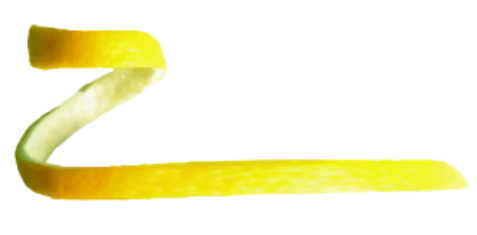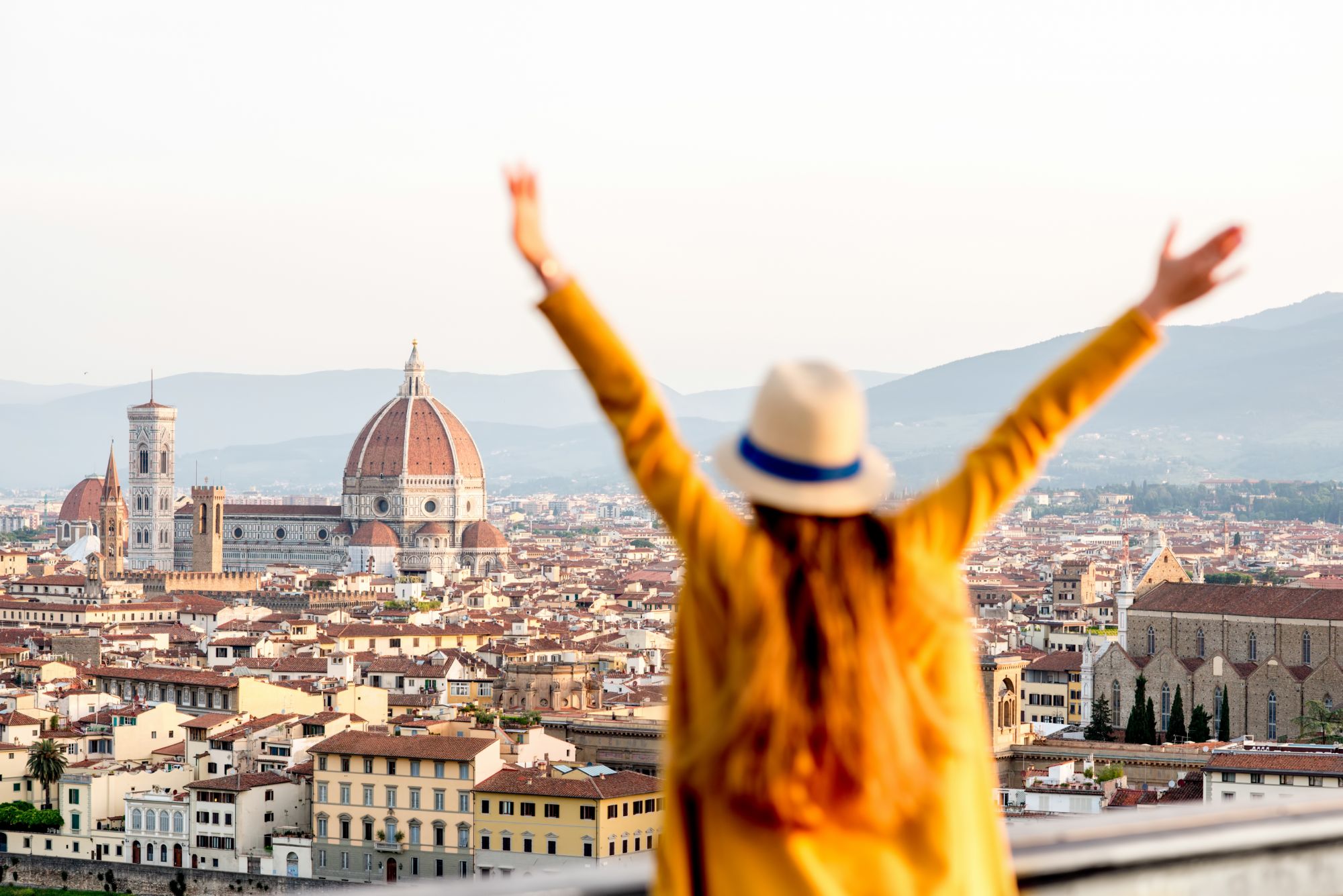Time
CET (Central European Time) is applied throughout Italy.
From early autumn to late winter, standard time is applied, corresponding to CUT +1, one hour ahead of Greenwich Mean Time.
At the beginning of spring, “Summertime” is applied: clocks are moved forward by one hour (CUT +2 time zone) to enjoy more sunshine in the late afternoon-evening.
Changing from winter time to summer time and vice versa always takes place overnight between Saturday and Sunday; dates vary from year to year.
WHAT ARE THE TYPICAL MEALTIMES IN ITALY?
People in Italy normally have breakfast starting at 07.00 but you will also find bars and pastry shops open as early as 06.00 in the morning.
Hotels usually have a set time (approximately 10.00) when breakfast must be finished. Room service will be able to meet your needs even outside this timetable.
Lunch in restaurants, farm holiday centers, diners, or bars is from 12.30 PM to 2.30 PM. For particular anniversaries or events, the lunch start time and duration may vary without limits.
Aperitifs – the not to be missed appointment! Aperitifs are generally enjoyed from 6.00 PM until dinner time.
Dinner is normally served from 7.30 PM until 11.00 PM.
You will also find places that serve late dinners for after-theatre and people who prefer dining in the middle of the night.
Language
The official language spoken throughout Italy is Italian. Alternatively, English is the recommended language for most conversations you will have on holiday, from arrival at the airport or accommodation facilities, shopping or museum visits, ordering meals at restaurants, or receiving information.
Italy is home to several minority languages: border languages and languages spoken by historical communities, twelve of which are officially recognized: Albanian, Catalan, Croatian, French, Provence French, Friulan, German, Greek, Ladino, Occitan, Sardinian and Slovenian.
DIALECTS
Italians are welcoming people, helpful, and curious to get to know visitors wherever they come from. This means you will have plenty of opportunities for contact with the people in the places you visit: this will help you discover the power of dialects and genuine languages that vary from region to region and city to city. They are the outcome of the history of our country, where a huge variety of peoples and cultures came, stayed, and mingled.
Religion
The most common religion in Italy is Christianity with various confessions that include almost all believers. Most Italian Christians are Catholic but there are minorities of Orthodox, Protestant, and other Christian denominations, such as Jehovah’s Witnesses and Mormons. The Jewish religion is the oldest of those present in Italy, with a wider community still living in the country, especially in Rome. Islam also has a large number of faithful: it is the second-largest religion by the number of believers. There are also followers of Asian cults; the most common among Italians is Buddhism.
Currency
Airports and large stations usually have banks and exchange agencies for withdrawals or related services. Banks (with 24-hour ATMs) are located all over the country; you can exchange/buy traveler’s checks (in dollars or euros) through banks.
The currency used in Italy is the Euro.
Coin denominations: 1 cent, 2 cents, 5 cents, 10 cents, 20 cents, 50 cents, 1 Euro, and 2 euros.
Banknote denominations: 5 Euros, 10 Euros, 20 Euros, 50 Euros, 100 Euros, 200 Euros, and 500 Euros.
Climate
We are in the heart of the Mediterranean, floating on the sea yet anchored to the mountains. The generally mild climate means you can visit Italy at any time of year. However, the peninsula extends vertically from north to south and consequently has a great variety of climates. If you’re wondering what to pack, take a glance at the table below!
Average temperatures in Italy by season and geographical area (°C)
| NORTH Min | NORTH Max | CENTRE Min | CENTRE Max | SOUTH Min | SOUTH Max | |
| Spring | 3.7 | 21.5 | 7.3 | 25.6 | 9 | 26.4 |
| Summer | 10.1 | 24.4 | 15 | 29.1 | 17.2 | 29.6 |
| Autumn | -1.6 | 14.9 | 4.8 | 20.3 | 7.3 | 21.7 |
| Winter | -2.7 | 9.9 | 3.5 | 14.2 | 5.8 | 14.9 |
Note: the temperatures indicated in the table are indicative and may vary from city to city or depending on whether you are near the sea, in the mountains, or in the hinterland.
Electric current
Electricity is available everywhere in Italy at 220 volts alternating current at a frequency of 50 hertz. Electrical sockets comply with European legislation. Most hotels have adapters for special plugs.
Pharmacies
Pharmacies follow shop opening hours. In larger cities, you will find some open 24 hours a day. During holidays (such as Sundays) or for night emergencies, pharmacies take turns to stay open: a calendar (displayed outside each pharmacy even when closed) will indicate where the nearest open pharmacy can be found.
Alcoholic Drinks
The consumption of alcohol in Italy is forbidden under the age of 16; managers of bars and clubs are authorized to ask for an identity document before serving young people.
The consumption of alcohol on the street is allowed but in some cases, Local Councils have regulations that prohibit drinking on the street in the evening.
We advise you to find out if there are any such bans and the times of application in the city you are visiting by contacting the accommodation where you are staying or the police.

